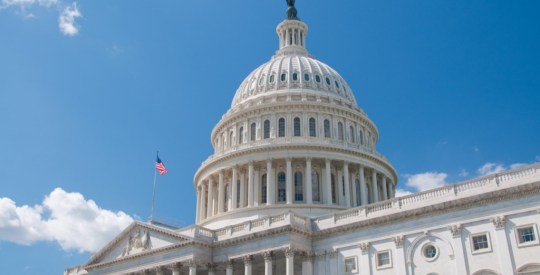The economic recession has had a profound impact on the attitudes of Americans approaching retirement age, altering expectations regarding the purpose, timing and funding of their retirement.
A new "Retirement Re-Set Study," conducted by Harris Interactive and developed by SunAmerica an Age Wave, focused on the impact of the recession on America's mindset, family dynamics, lifestyle expectations and financial planning for retirement. Of course the study acknowledged the financial and emotional impact of the recession, it also that they are emerging from the crisis with a more pragmatic and disciplined approach to retirement planning.
The study compares many of its results to those from a similar study conducted by SunAmerica in 2001. Both studies focused on the retirement mindsets of those aged 55 and older.
Although the recession brought significant lows to the attitudes about retirement, they have improved significantly. At the low point of the downturn, 50% of respondents felt hopeful and 36% felt secure about their retirement prospects, falling from 62% for both before. Now, those attitudes have recovered with 60% feeling hopeful and 44% feeling secure.
Negative attitudes have also improved from recession lows. During the low point, 51% felt worried about the future and 43% were angry. These have lessoned to 39% feeling worried and 28% feeling angry, however, still much higher than pre-recession levels of 28% and 19%, respectively.
"While the recession clearly had a financial and emotional impact, it was very encouraging to see that three out of five Americans 55 and older have remained hopeful for their future," said SunAmerica Financial Group President and CEO Jay S. Wintrob. "Americans are emerging from the experience with new knowledge, new discipline and have re-set their vision of an ideal retirement.
Expectations about retirement are also changing. Over half of the respondents now view retirement as a new chapter in life, rather than a slowing down. Many expect actual retirement to be delayed from 64 to 69 on average fueled by both increased longevity and financial need. Two-thirds do not expect a traditional retirement, but plan to continue some type of work after retirement to stay active and involved.
"Most Americans want increased flexibility in retirement with the opportunity to move back and forth between periods of work and leisure," said Dr. Ken Dychtwald, founder and CEO of Age Wave. "Seeking a more active and productive version of retirement than their parents' generation, their main driver is the ability to stay engaged and stimulated in both work and new activities."
In terms of financial strategies, financial peace-of-mind was noted by 82% as being their primary financial goal. Over three-quarters of those surveyed felt the downturn brought on a much needed financial wake-up call leading to the vast majority taking a more cautious approach to investment strategies. Rather than just accumulate wealth, 65% want investments with certain guarantees against loss in value and a similar amount (60%) want to protect their income from market loss. This is leading to a significant increase in the number of respondents wanting education and advice on their retirement and saving strategies. Nearly half state they have used financial advisors.
Retirement plans have also been impacted by multi-generational family assistance necessities. About half of Americans over 55 expect to need to assist aging relatives, with 70% of those expecting to also need to provide financial assistance to their adult children. More than just providing assistance and protecting from financial uncertainty, the recession has fueled an increased importance on the quality of relationships with friends and family.
Over the past decade, we have faced a number of challenges, including a worldwide recession and an economy that is still in recovery," Wintrob said. "And while the recession took an emotional and financial toll, people are starting an emotional and financial recovery and reporting that they feel wiser, more empowered and more realistic in their retirement outlook."
The telephone survey was conduced between April 11-25, 2011 and included a nationwide cross-section of 1,001 adults aged 55 and older.





